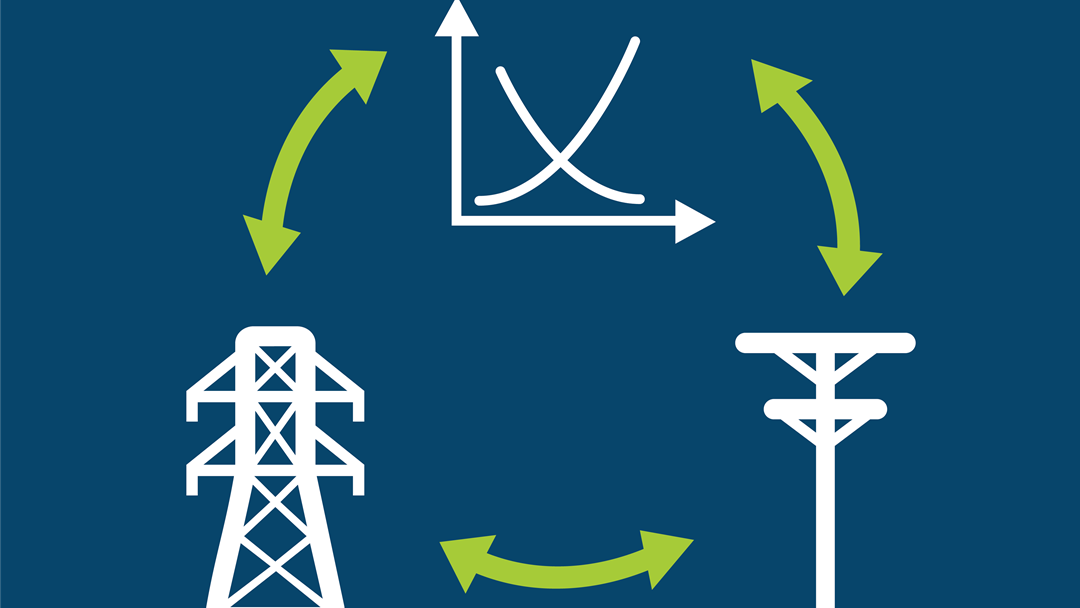- Name
- Magnus Korpås
- Title
- WP3 Lead
- Organization
PhD: Just Flexibility? The Envisioned Role of End Users in Future Electricity Systems
PhD Ingvild Firman Fjellså: Thesis for the Degree of Philosophiae Doctor
Faculty of Humanities, Department of Interdisciplinary Studies of Culture, NTNU, 2022:314.
Abstract
Energy demand and everyday energy use has gained increased attention as an element of reducing carbon emissions and combating climate change. This doctoral thesis explores domestic electricity consumption and expert expectations for more flexible electricity consumption, also known as ‘end-user flexibility’, to reduce electricity demand peaks. The thesis is supported by four research papers that qualitatively study the role of end-users in the future energy system and end-user flexibility in various ways. Theoretically, the thesis draws on social science perspectives on energy, primarily from science and technology studies (STS).
Paper 1 identifies how expert actors in industry and researchers who work within smart energy developments envision solutions to encourage more flexible electricity consumption among end-users. Paper 2 deals with different framings of flexibility among traditional householders and experts and the potential social consequences of more flexible electricity consumption for the users. Paper 3 studies material, structural and social factors of students’ electricity consumption and their understandings of flexible consumption, individually and collectively. Paper 4 focuses on rigid and flexible household consumption and studies changes in energy cultures in recent decades, and how these changes relate to increased demand for flexibility. Together, the papers highlight the role of electricity consumption in daily life, and how social life and societal structures enforce temporal rhythms that create peaks of electricity consumption.
The thesis questions the fundamental nature of end-user flexibility, and how this flexibility is currently shaped. It argues that implementing end-user flexibility can be viewed as an act of shifting responsibilities and work away from the energy system and towards the users. The discussions in this thesis emphasise energy justice issues and the elements of unpaid labour related to making electricity consumption more flexible. The thesis concludes that a more flexible electricity consumption may lead to a less flexible way of living, particularly for some social groups, such as vulnerable and untraditional end-users.
The work was funded by CINELDI, and was a part of the research area Interaction DSO/TSO.

Overview of the research papers
- T.M. Skjølsvold, I.F. Fjellså, M. Ryghaug: "Det fleksible mennesket 2.0: Om sosiale relasjoner i fremtidens digitale elektrisitetssystem", Norsk Sosiologisk Tidsskrift, 2019. The paper is written in the Norwegian language. The title translates into English as "Human flexibility 2.0 – on social relations in the digital electricity system of the future.
- I.F. Fjellså, A. Silvast, T.M. Skjølsvold: "Justice aspects of flexible household electricity consumption in future smart energy system", Environmental Innovation and Societal Transitions, 2021.
- I.F. Fjellså, M. Ryghaug, T.M. Skjølsvold: "Flexibility poverty: 'Locked-in' flexibility practices and electricity use among students", Energy Sources, Part B: Economics, Planning, and Policy, 2021.
- I.F. Fjellså, T.M. Skjølsvold: "Flexible energy cultures? How accelerated energy transitions and flexibility needs affect the understanding of energy consumption amongst Norwegian households", Submitted

